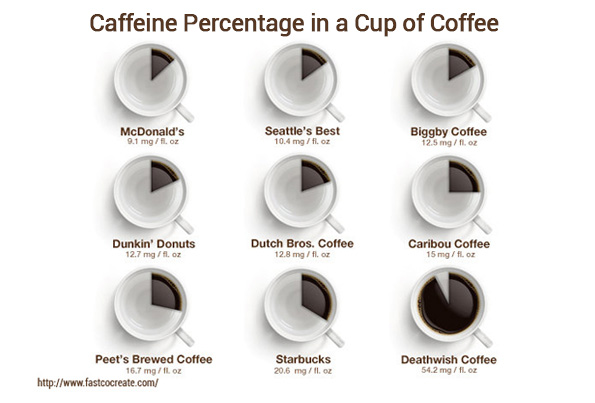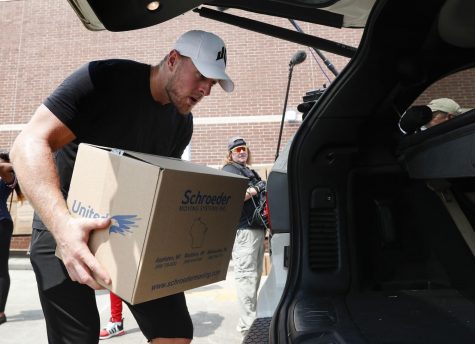A cup of addiction
Students find themselves dependent on coffee
She sits in her first period, unable to focus. Even though school has just begun, her body feels drained. She can barely keep her eyes open as the teacher goes on and on about something she does not understand.
For junior Jenny Barra, this is a morning without her daily cup of coffee.
“I drink one cup of coffee a day, sometimes two,” Barra said. “I need my morning cup of coffee. When I don’t drink it, I get headaches and I’m in a really bad mood for no reason.”
Drinking coffee can really become a vicious cycle, and once people start, it’s hard to stop.
— Health Science teacher Stacey Jones
Along with Barra, other teens consume large amounts of coffee. According to the National Coffee Association, those who drink coffee consume on average 3.3 cups per day, with an average of 95 milligrams of caffeine per cup. Studies from the FDA show that this amount of caffeine can have harmful effects on teenagers including effects on sleep, appetite and overall health. Barra recognizes these effects, but also feels that a cup of coffee every morning helps her succeed.
“Coffee stimulates me,” she said. “I’m awake in the morning and ready to face the new day. Also, if I don’t get enough sleep the night before, coffee can help wake me up. I think the positive effects outweigh the negative ones.”
According to junior Rachel Spear, one of the major negative effects can be the possibility of dependence. After drinking coffee every morning, she has found it difficult to stop without facing side effects such as head aches and restlessness.
“When I drink coffee, my body starts to get immune to it,” she said. “I start needing it and when I don’t have it, I don’t feel as prepared for the day. Coffee can be addicting, for both teenagers and adults.”
Regardless of her dependence on coffee, Barra continues to drink it regularly, claiming she is not concerned about her reliance or the effects it may have on her in the future.
“I started drinking coffee when I was four,” Barra said. “I would drink it out of my mom’s cup, and I started making my own cups when I was in kindergarten. I don’t mind that I can’t function without coffee, because I know I’ll always have access to it.”

Health Science teacher Stacey Jones notices this dependency and feels that teenagers should limit their caffeine consumption to avoid the harmful effects associated with it.
“I think drinking coffee in moderation is okay,” Jones said. “One cup a day won’t be too much harm, but once students start drinking more than that, it can be very addicting and dangerous. Drinking coffee can really become a vicious cycle, and once people start, it’s hard to stop.”








